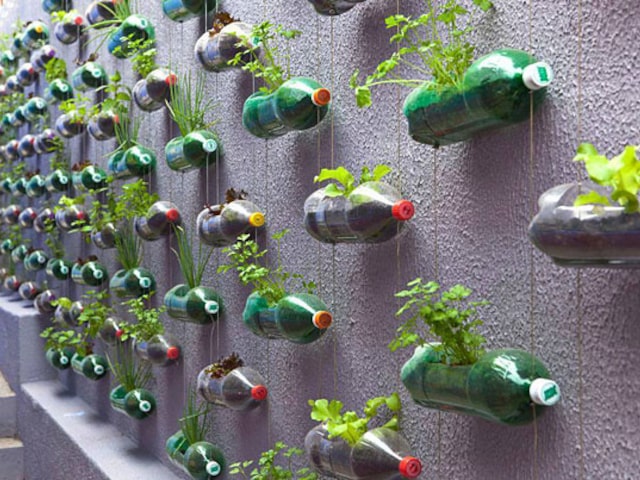
All gardeners know that there are various materials they will use for their gardening projects. Plastic is one of the most common materials used. It;s not uncommon to use plastics in everyday life. It's everywhere: from plastic bottles and dishes to more complicated plastic tools. It's not uncommon to find plastic materials, tools and utilities in the garden.
One bad thing about plastic materials is that they are not really eco-friendly. However, this problem can be avoided through recycling. It is understandable if you may wish to limit the use of plastic materials in your home and garden, but there may be situations in which plastic containers and other materials are the most convenient way to go.
When you wish to use plastics for your gardening, it's important to stick only to safe plastic materials. Keep in mind that not all plastics are created equal: some are better than the others. Some plastics are dangerous because they contain dangerous chemicals. It's therefore very important to know how to tell "good" plastic form the bad ones.
Toxic Plastics
There are some plastic materials you don't want anywhere near your garden or your home. These plastics contain dangerous elements and chemicals you sure want to avoid. While these plastics have some use, they are definitely not good for any gardening job and they should not find its place near your home.
Keep in mind that not all plastics are bad. This is actually a very useful material you can use in many different ways. It can sure help a lot in gardening. Therefore, it's important to know which plastics to avoid and which ones are safe to use in your garden and home.
Here is a list of some plastic materials you should avoid:
Polycarbonate
This plastic is known for releasing Bisphenol A, which has been linked to some types of cancer and many other diseases. The trouble is that this plastic is sometimes used for water bottles, water jugs, car parts and many types of storage containers.
To identify this plastic, take a look at the recycling label on the container. In case it says PC, 7 or other, it's a warning sign. Stay away from those plastic containers.
Polyvinyl Chloride
This plastic, commonly known as PVC, is very toxic. It has a wide usage, for things such as window frames, shower curtains or plumbing, but it's also often used in toys and to wrap groceries such as meat.
This type of plastic can release toxic fumes, which are very bad. However, if these fumes are allowed to dissipate before you bring them into home, this type of plastic becomes more inert and less harmful.
To identify this type of plastic, take a look at the recycling label. It should be labeled as PVC or 3.
Polystyrene
This is another harmful type of plastic. It's often used to make coffee cups, plastic silverware, takeout containers and egg cartons. It's known as Styrofoam. This type of plastic has been linked to cancer. To identify this plastic, look at the recycling label. It should be labeled PS or 6.
Polyethylene Terephthalate
This type of plastic is generally safe for short, one-time use. However, it shouldn't be used for a prolonged time. This plastic will soon begin to degrade and leach, especially if exposed to heat. It also becomes a good place for bacteria to grow.
This plastic is commonly used for water bottles and soda bottles. It is generally ok to drink from such a bottle once, but refilling or reusing such a bottle is not a good idea.
When you choose to buy a plastic container, it's best to stay away from PVC, Polycarbonate, and Polystyrene. They are the most toxic and they can do harm even if you don't use them to store your food. You should not use them for gardening. Don't use containers made of these materials to grow your plants and don't use these plastics for any other gardening job.
Polyethylene Terephthalate is good for short-term use, but it should not be used for a prolonged time. It means it's probably not suitable for gardening use.
On the other hand, there are some types of plastics that are generally safe to use, both in home and for your gardening jobs.
Safer Plastics for Gardening
If you want to use plastics for your gardening jobs or in your home, you should focus on safer plastic types:
Polypropylene
Polypropylene, also known as PPE, is a safe plastic. It is commonly used to make food bags, plastic bottles, cups and other food storage items.
Low Density Polyethylene
This is another safe plastic type. It is used to make garbage bags, ketchup bottles and many types of plastic wraps made for storing food. This plastic is labeled LDPE or 4.
High Density Polyethylene
This plastic is generally ok to use, even multiple times. Milk containers and plastic grocery bags are typically made of this material. This plastic is recyclable and it's safe for multiple uses. You will recognize this plastic by its label: HDPE.
Photo credit: Nguyen Tan Tin
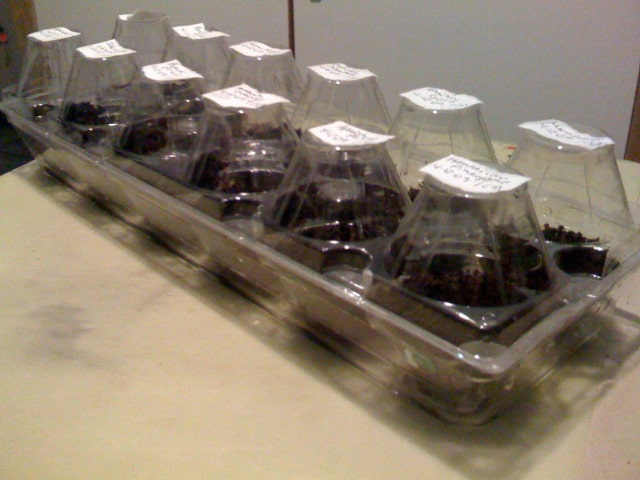
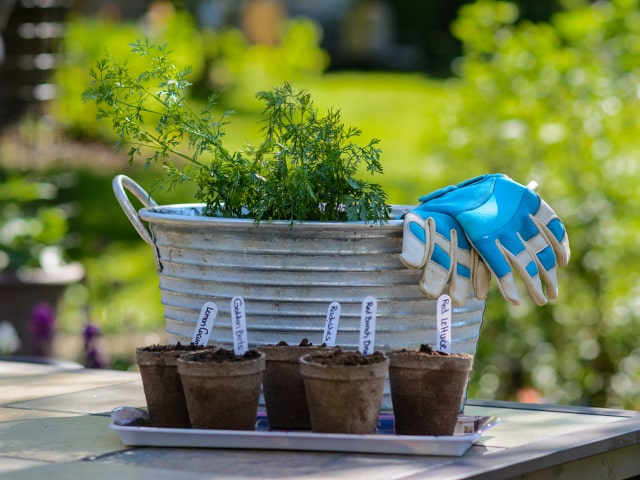
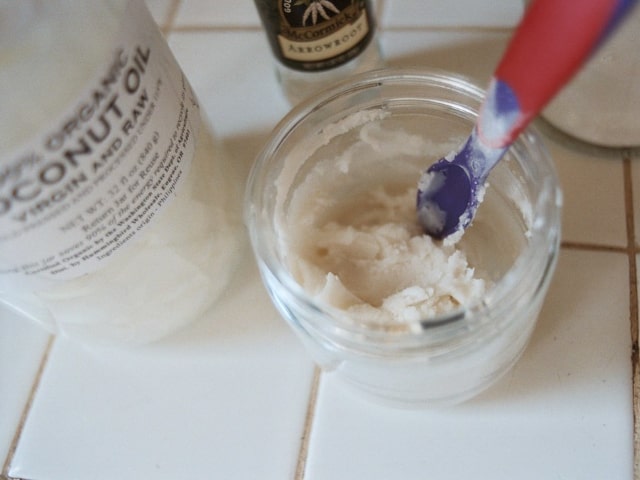
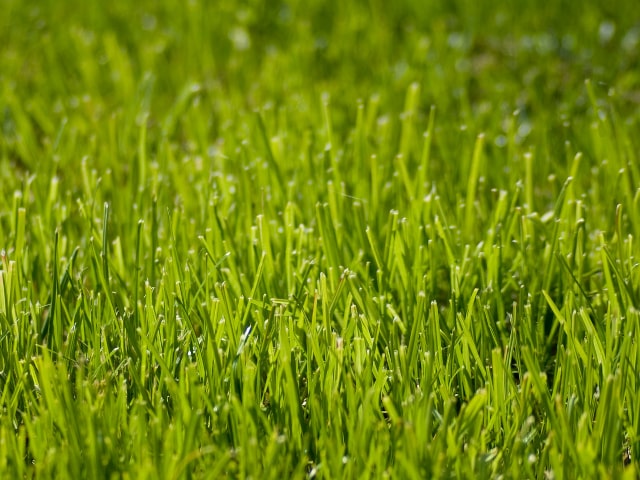
6 Comments
I would like to grow vegetables (carrots for example) in bins like the blue bins supplied for household recycling.
Would that type of plastic be a problem?
Hi, I bought Woven Polyethylene matt for my garden bed to protect it from weeds. But it all shreds and stinks like chemicals quite strongly. Is it safe to use or actually better to throw away? Any tips would be greatly appreciated. Thank you
Is polytarp super-six polyethylene vapour barrier ok to use to cover organic vegetables with in order to protect them from the cold?
It says on the package not to expose to sunlight. I wanted to use this in the greenhouse and make a frame using this plastic.
Any advice would be greatly appreciated.
Thanks,
Dania
Thanks for the tips! Helpful as I decide which plastic containers to recycle and use in my garden.
Appreciate this helpful article! Is "PETE" (recycle code is '1') safe? Is there any safety issue about growing in fabric pouches made of polypropylene fiber? So many people are posting about this
This was super helpful! Thank you very very much!